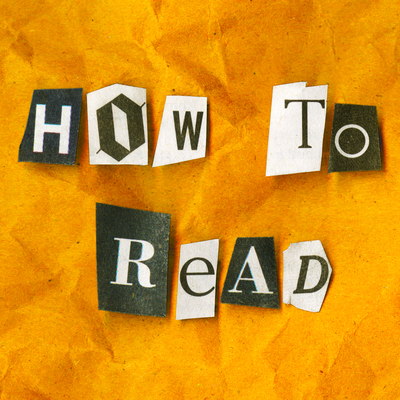In the Bible, the Apocalypse is the end of the world as we know it, but it’s also the beginning of a new one. Jennifer Wilks argues that major catastrophes can be apocalyptic in the same way. A disaster like Hurricane Katrina or the COVID-19 pandemic can shed new light on the world’s social inequalities, which makes it easier to imagine them changing. Jennifer thinks that post-apocalyptic fiction can play a role in this process, by allowing us to think ahead about times of disaster so we can act to make things better when the moment comes.
Tag: race
The world doesn’t revolve around you! Many children, and plenty of adults too, have heard this from parents, friends or partners. It’s easy and kinda satisfying to view others around you as minor characters in the drama of your life. But Paula Moya wants us to recognize that this arrogant self-centredness can lead people to believe that everyone else is just there to serve them. Paula argues that Toni Morrison’s novel A Mercy not only depicts harmful arrogance among its characters, but also teaches readers to be less arrogant in their own lives.
What connects Langston Hughes to Hong Kong, Malcolm X to Mecca, and Syrian merchants to the 9/11 memorial? In this episode, English professor Wai Chee Dimock shows us how to read quintessentially American writers from an international perspective. From this angle, major American concerns like race and money start to look a little different.
